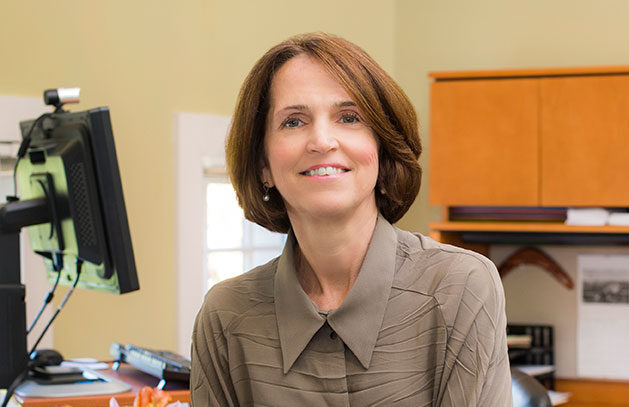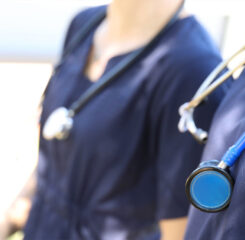On September 26 and October 9, Americans watched in horror as two major hurricanes, Helene and Milton, smashed into the southeastern United States, leaving a trail of destruction across six states.
Like you, LeadingAge staff in Washington, DC, watched the story unfold on our television screens and cellphones. Over the past month, we have also been in constant communication with LeadingAge members and state partner organizations in the storm zone. Their on-the-ground reports have given us a real-time view of what LeadingAge members experienced, how they are coping, and the myriad ways our state partners are helping them get through the worst of it.
“Pretty rough along the northern Gulf coast already, and we’re still a couple of hours from landfall,” came the first message from Steve Bahmer, president/CEO of LeadingAge Southeast, on September 26. “So far, our members are good—all in the affected coastal areas evacuated, and everyone is hunkering down to ride it out overnight.”
Other messages followed:
“Very bad here,” wrote Kassie South, CEO of LeadingAge South Carolina, on September 27. “Most of our communities (are) without power. Several communities have lost houses, and it’s very hot. … Working to get nursing homes prioritized.”
“Situation in western North Carolina extremely dire,” we heard on September 28 from Tom Akins, CEO of LeadingAge North Carolina. “In addition to no power, no water, no cell coverage, no staff, the transportation system has been significantly compromised … due to flooding and roads washed out. Staff at communities when the storm hit are still there, and those scheduled to work can’t get in.”
Later that day, we heard from Tom again:
“Triaging and managing,” the message read. “Asheville is really bad.”
Fifteen LeadingAge members in the Asheville area were affected by Hurricane Helene. Lack of clean water was a huge challenge. Food supplies were low, and washed-out roads were slowing new deliveries. Members in the storm zone worried about how they would support team members who had lost homes and possessions and would lack access to grocery stores, schools, gasoline, and fresh food for the foreseeable future. They were especially worried about the staff members they had not been able to reach.
“Many of our team members have been impacted, and that is the most difficult thing,” wrote Theresa Stephens, vice president of affordable communities at Asheville-based Givens Communities, on October 4. “They have lost homes, have damaged homes, and some have lost multiple family members—one lost 13 family members. It is too overwhelming at times, but we are banding together to get through this, and we will emerge stronger, even if a bit battered and heartbroken.”
Battered. Heartbroken. Stronger.
Those three words sum up the impact of this natural disaster so succinctly. LeadingAge members, their residents, and staff were battered by the storm. They are heartbroken by the loss of life and property they experienced and by the devastation visited upon the communities they love. But they were not alone. They banded together, and that will make them stronger.
I salute our state partner organizations, who checked in with our members and helped however they could. Admirably, members affected by the hurricanes also reached out to help those in need, even as they struggled to recover.
LeadingAge members nationwide also assisted the recovery effort by contributing to the LeadingAge Disaster Relief Fund, which continues to raise funds to support the recovery effort. So far, the fund has received $103,800 from 182 donors.
Please consider donating to the LeadingAge Disaster Relief Fund if you have not done so already. All tax-deductible donations will go directly to member organizations and their staff to cover a range of needs specific to their emergency.
Supporting one another in times of need is a LeadingAge value, a guiding principle. That value has been on full display over the past few weeks.
LeadingAge and its members are here for those in need. That’s who we are. That’s who we have always been. That’s who we will continue to be. We should all be proud of that. I know I am.

 Shutdown Week Three: Impact of Ongoing Closure on Affordable Housing
Shutdown Week Three: Impact of Ongoing Closure on Affordable Housing Colleagues on the Move, February 18, 2026
Colleagues on the Move, February 18, 2026


